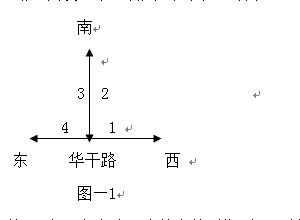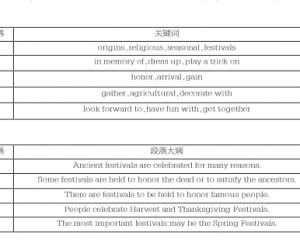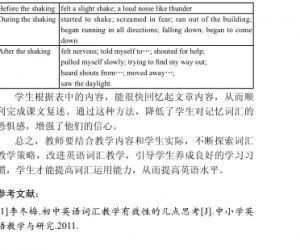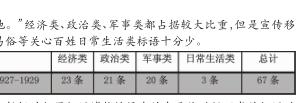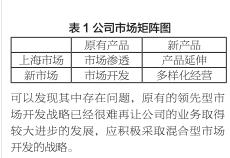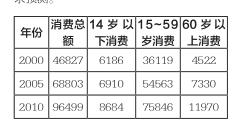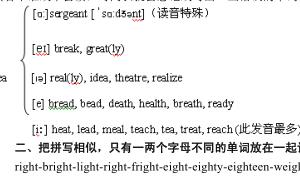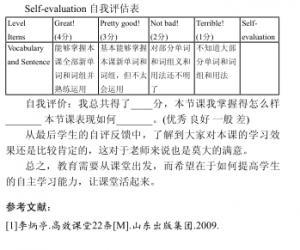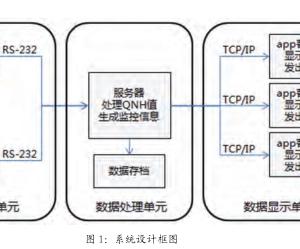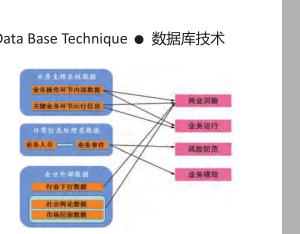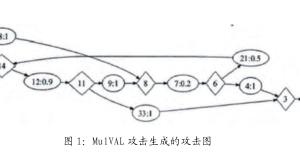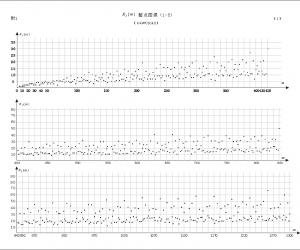Case Study on Importance of Translator’s Subjectivity in Translating Discours…
收藏
打印
发给朋友
发布者:lunwenchina
热度0票 浏览130次
时间:2019年12月13日 11:03
Foreign Languages College of Xinjiang University/Liu Yanli【Abstract】 Translation has been given more and more attentionand translator’s subjectivity has been recognized and acceptedgradually in translation circle. Successful translation is theorganic combination of deconstructing with reconstructing, whichrequires translators to make proper adjustments in certain context,i.e. to bring translator’s subjectivity into full play in translatingprocesses, especially when translating discourses written in nonmother-tongue.
【Key words】 Translator’s subjectivity; Discourses written innon-mother-tongue; Deconstructing and reconstructing1. Introduction
Translator’s subjectivity takes a decisive influence onchoosing wordings, sentence patterns, etc. and translationstrategies. Translator’s subjectivity includes his active rolesas a reader and researcher in the DICP process, substitute forthe author, re-creator and mediator in the DPCP. (Li, 2008: 58-59). Accordingly, translator’s subjectivity counts for helpingtranslators produce adequate translations.
2. Importance of Translator’s Subjectivity
Translating is a process to produce equivalence betweensource languages and receptor languages at different levels. Mostof people think that there must be equivalents in the receptorlanguage for the source language, but it is not true. Hence,translator’s subjectivity should be brought into full play toproduce dynamic equivalence (Xie, 2009: 173). In addition,different nations have varying cultural habits and thinking modes,which results in diversified language patterns. Any languageis restricted to its own certain cultural context, so the key toproducing an adequate translation is translator’s subjectivity.
3. Cases for Importance of Translator’s SubjectivityInfluenced by the negative transfer of mother tongue, it isinevitable for an author to make mistakes in writing in a foreignlanguage, so translator’s subjectivity is needed for translatorsto correct mistakes before starting the actual translation. Someexamples are excerpted from a paper whose author is not anEnglish native speaker to show the importance of translator’ssubjectivity in translating discourses written in non-mother-tongue.
3.1 Lexical Level
3.1.1 Misuse of Prepositions
Prepositional collocations are fixed, which cannot bechanged at random. E.g. “… including … as well as the possibleimplications of Customs Union accession by Kyrgyzstan on itsgarment production sector.” For the word in bold, it is usuallyused in the following structure: “implication of something forsomething” , but not “implication…on” .
3.1.2 Spelling Mistakes
Spelling mistakes are common in discourses written in nonmother-tongue. E.g. “Disgruntled workers usually leave theiremployees the day after they receive their salary.” It is obviousthat “disgruntled workers would resign from their positionswithout hesitation as soon as they received the salary” . Workersare not the owners of the enterprises they work in, so eventhough they want to leave, they would leave their employers orcolleagues, not their employees.
3.2 Syntactic Level
3.2.1 Grammatical Mistakes
To reproduce the message in the translating, one must makea good many grammatical adjustments (Nida & Taber, 2005: 12)i.e. translators should deconstruct the source text grammaticallybefore the actual translation. E.g. “The Kyrgyz Governmentand donors, … joint efforts to promote the apparel industry.”
Analyzing the sentence at grammatical level, it is easy to findthere is no predicate verb “made” , so translators should bringtranslator’s subjectivity into full play to correct the mistake andcomplete it grammatically—“... made joint efforts to...”
3.2.2 Expression Obscurities
There must be some obscure expressions in discourseswritten in non-mother-tongue. E.g. “The volume ofimported man-made fabric in the first ten months of 2012 andcorresponding period in 2013 decreased by 38% in Kyrgyzstan.”
The sentence is correct at grammatical level, but it is obscure forunderstanding. It is easy to find the Government of Kyrgyzstanissued decree N. 573 on 17th August 2012 on the Internet, whichintroduces import tariffs for specific types of goods were raised.
Therefore, the exact meaning of the sentence should be “2013年一月至十月进口的人造纤维量比2012年同期下降了38%。”
4. Conclusion
It is safe to conclude that bringing translator’s subjectivityinto full play is not only indispensable for deconstructing sourcetexts successfully, but essential to reconstructing them andreproducing the closest natural equivalents of source-languagemessage for target-language readers.
References:
[1]Eugene A.Nida,Charles R.Taber.The Theory and Practice ofTranslation[M].Shanghai:Shanghai Foreign Language EducationPress,2005.
[2]李占喜.关联与顺应:翻译过程研究[M].北京:科学出版社,2008.





